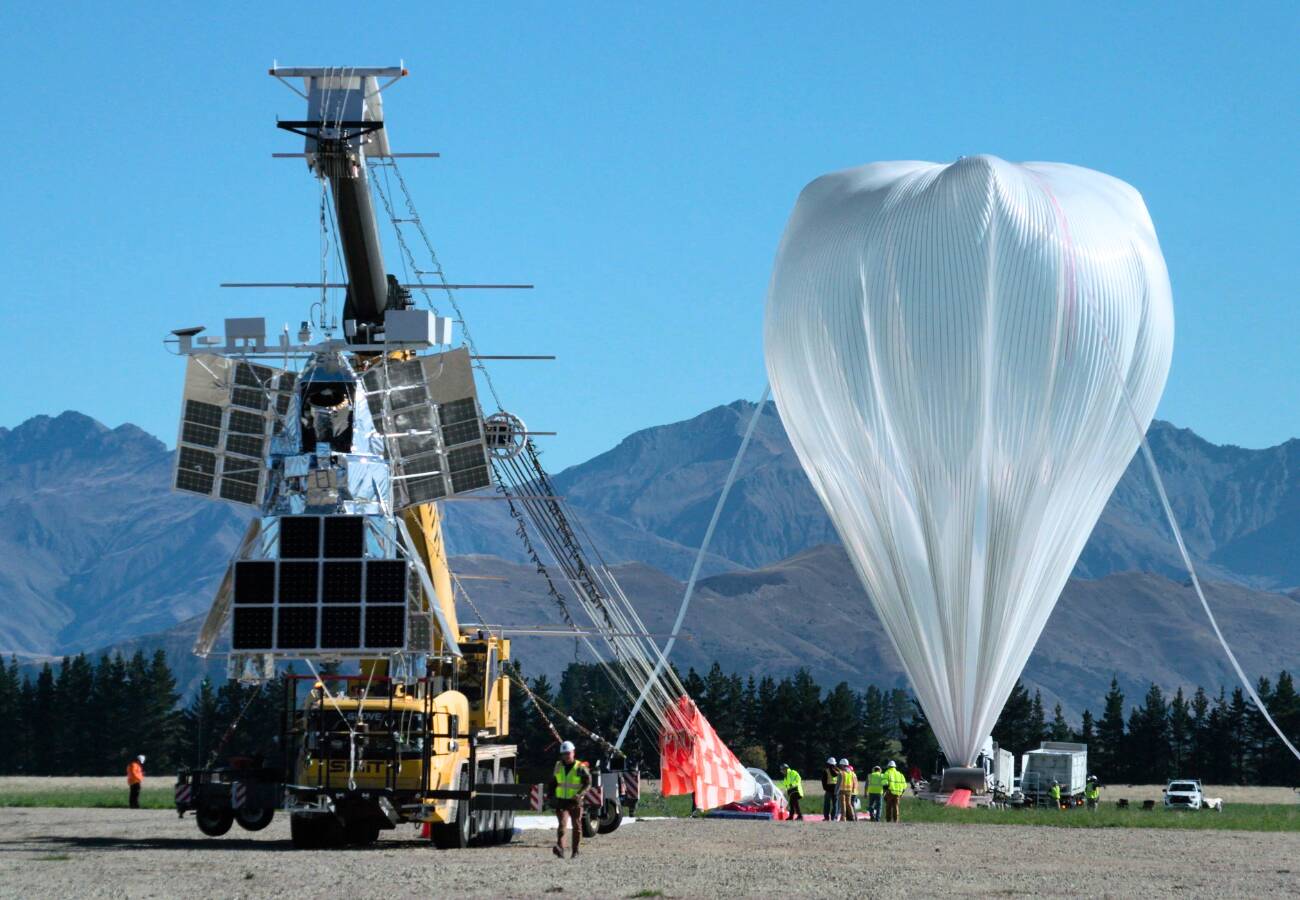- cross-posted to:
- space
- cross-posted to:
- space
I mean, good for rpi, but isn’t this headline basically “scientists use computers for stuff”?
Is it possible for the average bear to get their hands on a Raspberry Pi these days?
Yes, the shortage is long over. You may have to wait about a month or two for the latest one, but otherwise they’re plentiful.
Digikey and mouser have piles of the 4 sitting around. And if it’s not in stock they’ll put you in a queue until they are.
I was able to find a 400 pretty easily. Granted, it was the kit that cost an extra $30, but that wasn’t a big deal considering I got a decent power supply and micro HDMI cable with it.
Yeah, if you’re not looking for the latest and greatest pi out there, it’s actually pretty easy to get your hands on one
What would you recommend to a beginner? I’m more than a beginner when it comes to “code” but not like professional or even advanced amateur even though I can usually figure out how to “make it work”, sometimes :(
I feel that. One of my first raspberry pi projects was a magic mirror, it’s basically a pi hooked up to a display and you can program in modules to display custom data, like a weather forecast for your area along with your Google calendar showing the upcoming appointments.
I’d say a raspberry pi 4B with at least 2GB of ram is fine, but upping the ram will let you do more with it.
Docker projects are also fun, like making a pihole.
These projects have lots of documentation and support, so you’re always a Google search away from help.
Would you suggest that for a beginner? I like the whole pi-hole concept as a project and as an end to a means as well
I think as an initial go, I would recommend just getting raspbian/Linux in general onto a pi or other board, and messing with the CLI. Just having a pi and being comfortable trying things out is huge. Plus, with it being on a micro SD card, you can very easily break things and wipe the card and recreate your setup.



